Iron-rich foods are essential for babies during the early stages of diversification. Iron plays a critical role in your baby’s growth and development, supporting healthy blood production and brain development. As your baby transitions to solids, making sure they receive enough iron is vital for their overall health. For vegetarian and plant-based families, it’s important to focus on plant-based, iron-rich foods to ensure proper iron intake.fruit
In this article, we’ll explore the significance of iron during baby diversification, provide tips on the best iron-rich foods, and discuss vegetarian options to ensure your baby’s iron needs are met.
Why Iron is So Important for Babies
Iron is key to healthy growth and development in the first years of life. It helps in the production of hemoglobin, the protein in red blood cells that carries oxygen throughout the body. Low iron levels can lead to iron deficiency anemia, which can affect your baby’s energy, immune function, and overall development.
In the first few months of life, babies are born with a store of iron that sustains them, but this store begins to deplete around 6 months of age. This is the time when iron-rich foods become even more crucial to prevent iron deficiency and ensure healthy development.
Best Iron-Rich Foods for Babies
When introducing solids, especially from around 6 months, it’s essential to include iron-rich foods in your baby’s diet. Here are some great options:

1. Iron-Rich Plant-Based Foods
For vegetarian and vegan families, plant-based iron-rich foods can provide to babies the nutrients needed. Some excellent sources include:
- Pureed lentils and beans: Packed with iron, they are easy to puree and offer great texture for babies starting solids.
- Tofu: This versatile food is rich in iron and can be mashed, pureed, or cut into small cubes for babies.
- Oatmeal: Choose iron-fortified oatmeal, which can be easily made for your baby’s breakfast.
- Spinach: This leafy green is rich in non-heme iron, the type of iron found in plants. Cooking it and pureeing it with other vegetables or fruits can be a great way to introduce it.
- Sweet potatoes: Not only are they rich in iron, but they also offer a host of other vitamins and are easy for babies to digest.
If you’re looking for more information on vegan food options and how to incorporate them into your baby’s diet, make sure to check out above article on this topic!
2. Fortified Cereal
Iron-fortified cereals are often recommended for babies starting solids. These cereals are an excellent option to ensure your baby is getting enough iron during the crucial first year. You can mix them with breast milk or formula to make them smooth for younger babies, and as your baby gets older, you can offer them as finger foods.
3. Iron-Rich Fruits
Some fruits, like dried apricots and raisins, contain a decent amount of iron. These can be chopped up or pureed for younger babies, while older babies can enjoy them as finger foods. For more information on first fruits for babies, including tips on how to introduce them at different stages, check out above article. It covers how to prepare and serve various fruits, whether by pureeing for younger babies or offering them as finger foods for older ones.
How to Enhance Iron Absorption
Iron from plant-based sources is called non-heme iron, which isn’t absorbed as easily as the iron found in animal products. However, you can boost iron absorption by pairing iron-rich foods with vitamin C. Vitamin C helps your baby’s body absorb iron more efficiently.
Here are some ideas to boost absorption:
- Add fruits like oranges, strawberries, or tomatoes to your baby’s meals that contain iron.
- Cook foods in cast-iron cookware. This can increase the iron content of the food.
Iron-Rich Foods for Babies: A Personal Story
When I started introducing solids to my baby, I was keen on making sure she received a balanced diet that included adequate iron. I started with pureed lentils, tofu, and fortified cereals, and I paired these with vitamin C-rich fruits like mashed strawberries. Watching her eagerly try new flavors and knowing she was getting the iron she needed gave me peace of mind.
My baby thrived on these iron-rich foods and began to develop a strong appetite for diverse flavors. Over time, I incorporated even more vegetables and legumes into her diet, always making sure to balance with iron-boosting foods like citrus.
Tips for Parents: Ensuring Your Baby Gets Enough Iron
Here are a few tips based on my experience that helped me ensure my baby was getting enough iron:
- Mix it up: Try different iron-rich foods like beans, lentils, tofu, and spinach in a variety of forms (pureed, mashed, chopped) to keep things interesting.
- Offer vitamin C-rich foods alongside: Serve meals with fruits like oranges, strawberries, and bell peppers to help with iron absorption.
- Check for iron deficiency signs: If you’re concerned about your baby’s iron intake, keep an eye out for signs of deficiency, like pale skin, fatigue, or irritability. Consult your pediatrician if you have any concerns.
FAQ – Iron Rich Foods for Babies
1. What are the best sources of iron for babies on a vegetarian diet?
Iron-rich foods for babies on a vegetarian diet include lentils, beans, tofu, iron-fortified cereals, and leafy greens like spinach.
2. How can I make sure my baby is getting enough iron?
You can ensure your baby gets enough iron by offering iron-rich foods consistently and pairing them with vitamin C-rich foods like fruits to enhance absorption.
3. When should I start giving my baby iron-rich foods?
You can start offering iron-rich foods to your baby when you begin solids, typically around 6 months of age. Iron is especially important after this time as your baby’s iron reserves begin to deplete.
4. Can I give my baby iron supplements?
If your pediatrician recommends it, iron supplements can be an option to ensure your baby gets enough iron. Always consult with your healthcare provider before introducing any supplements.
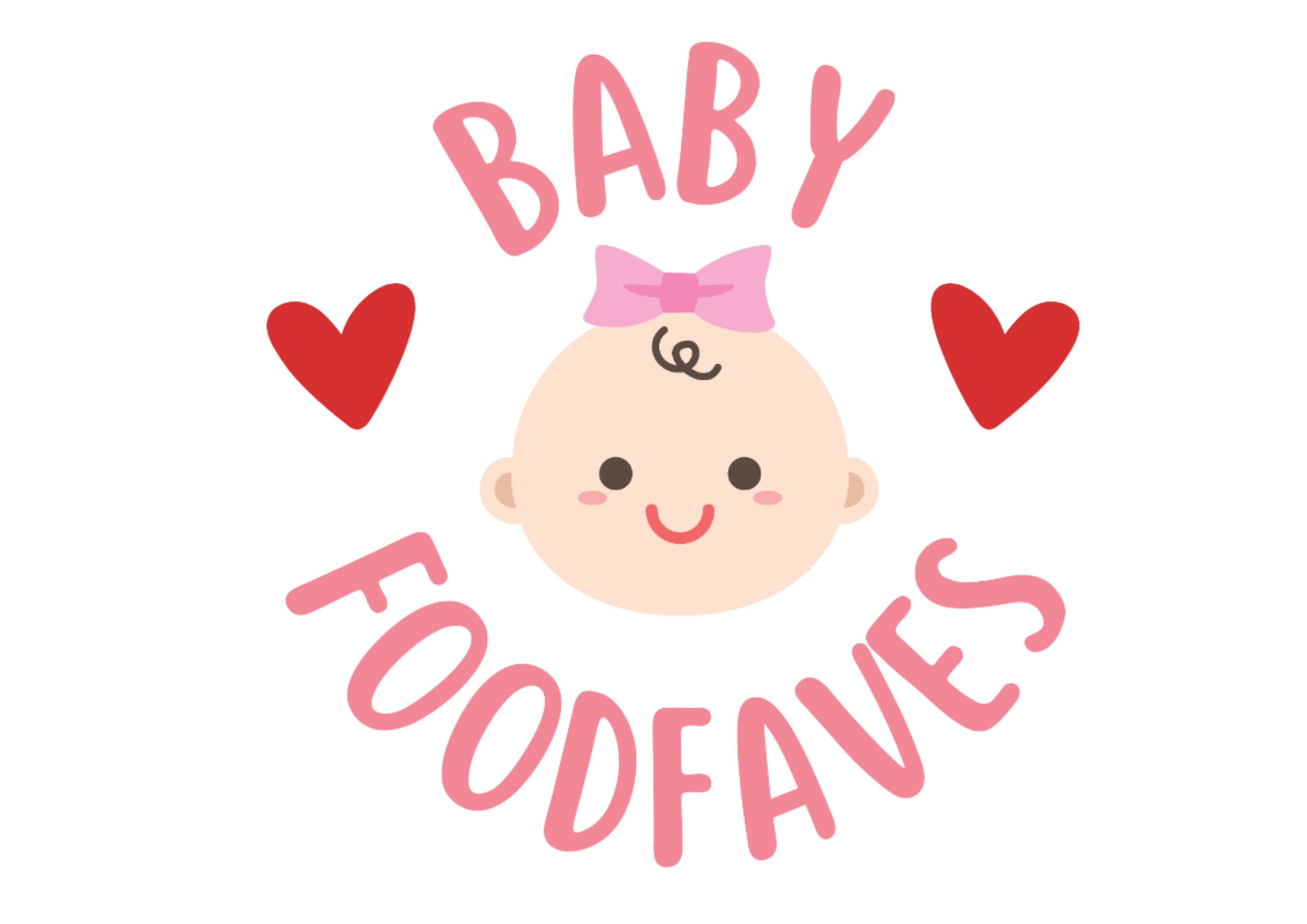


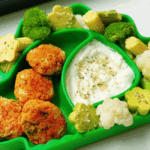
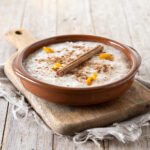

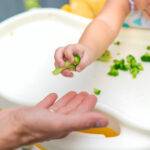
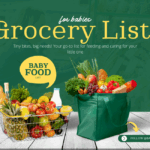
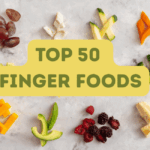
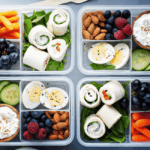
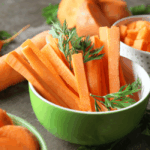


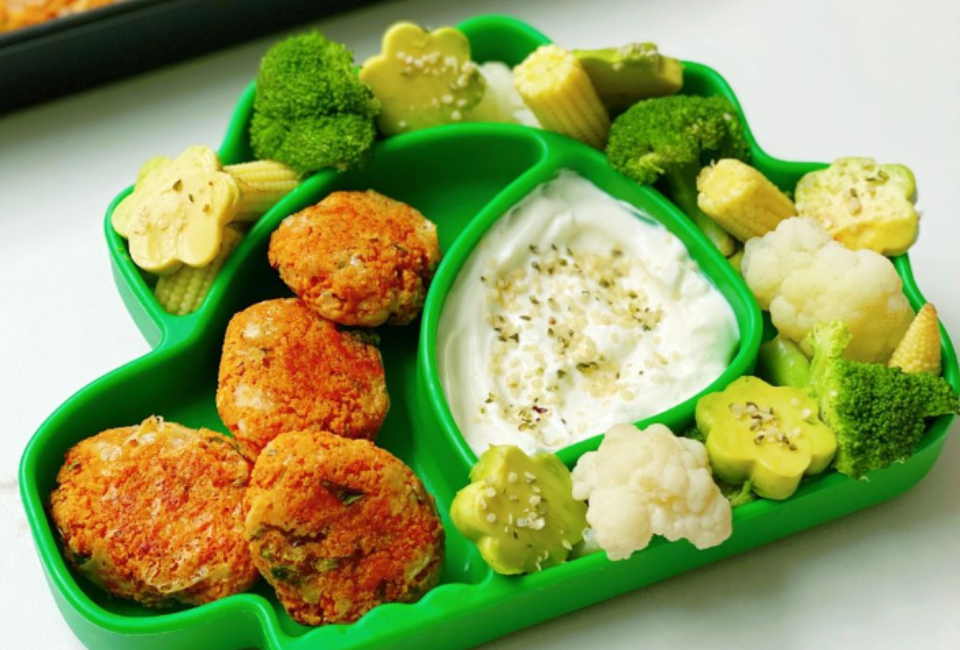
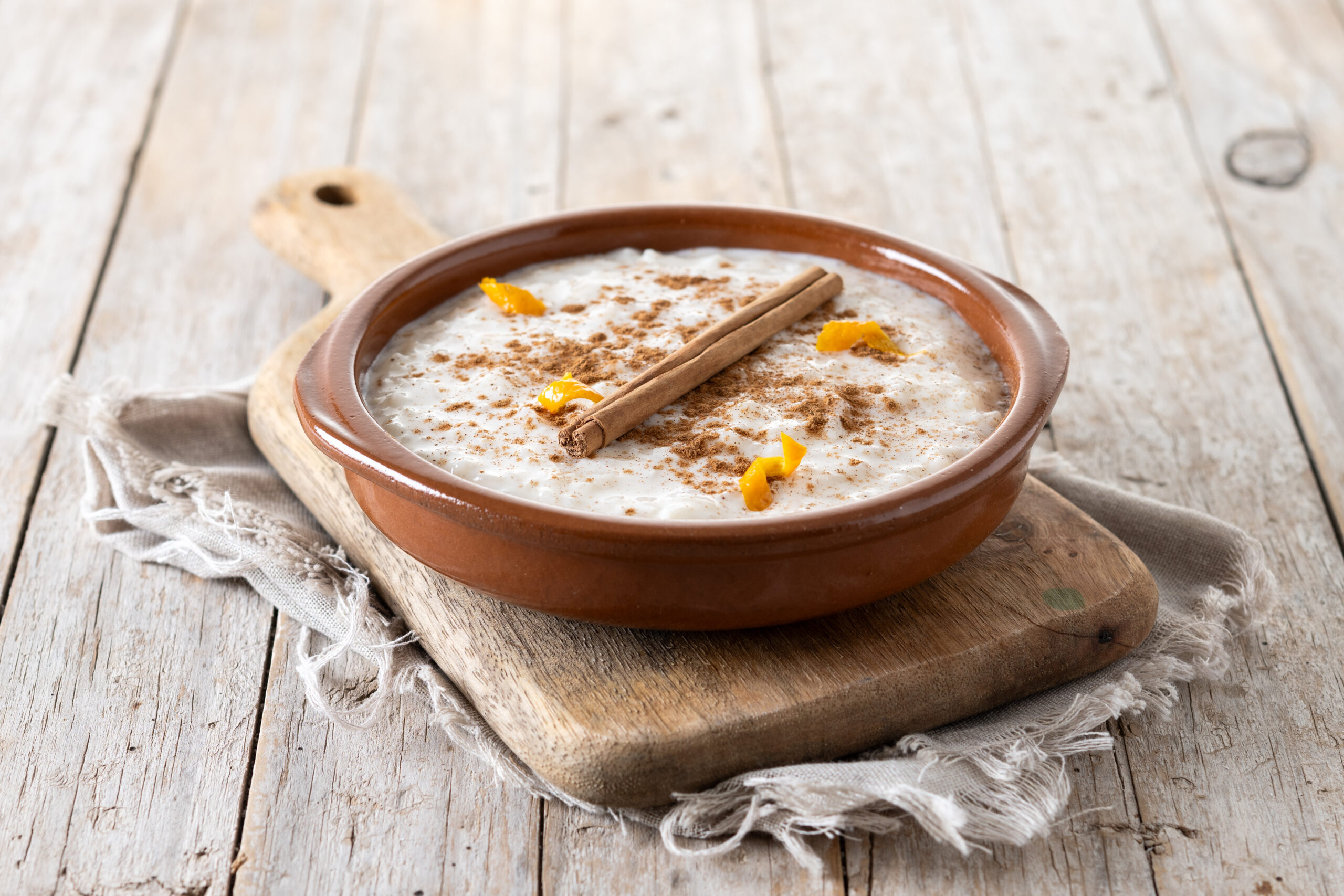
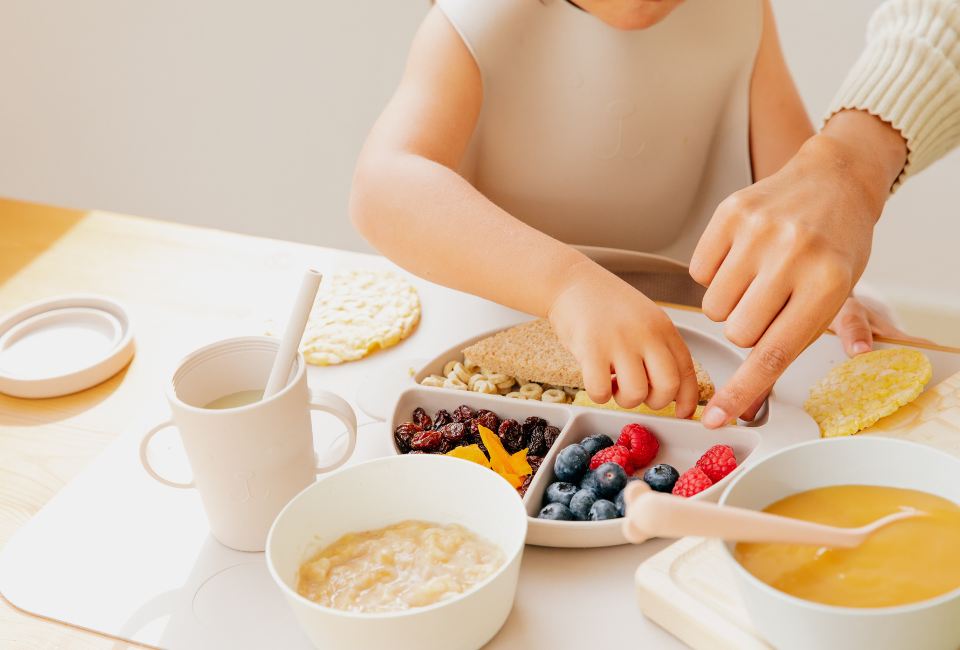
Leave a Reply